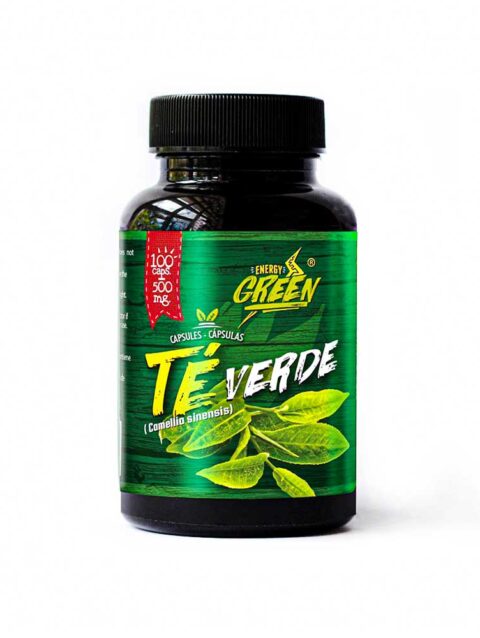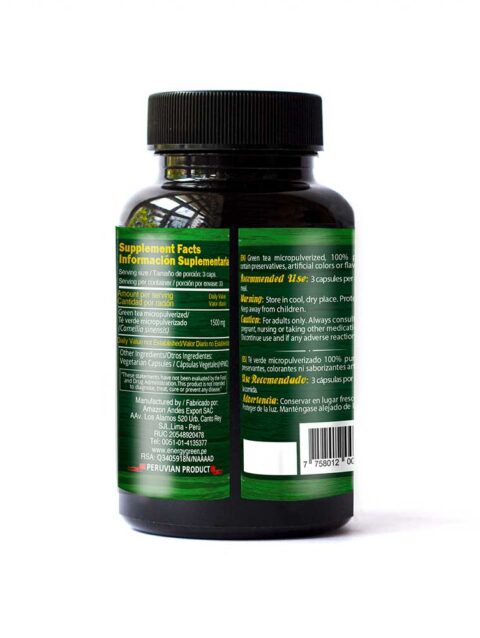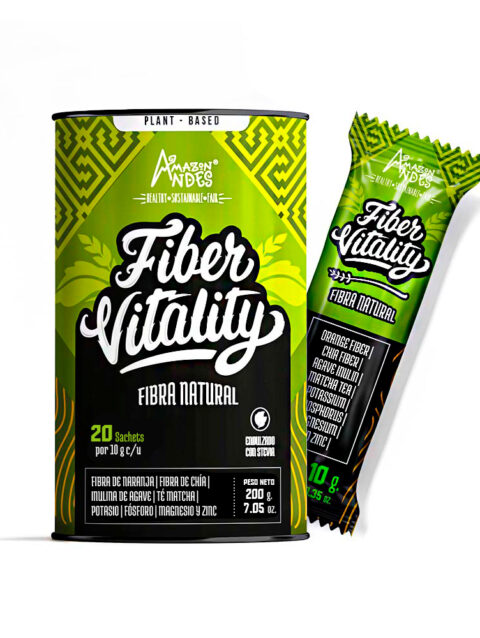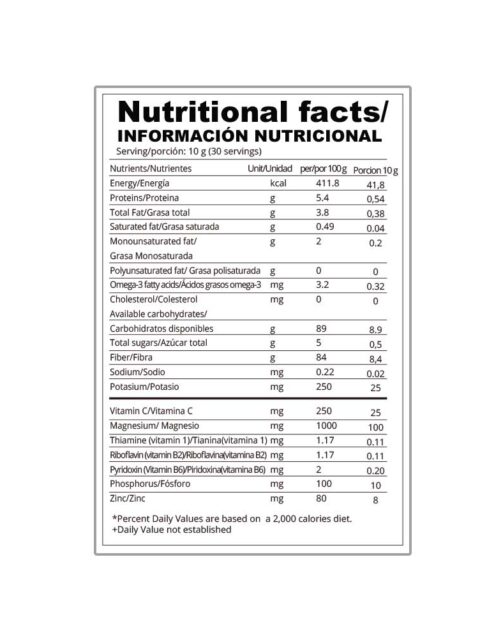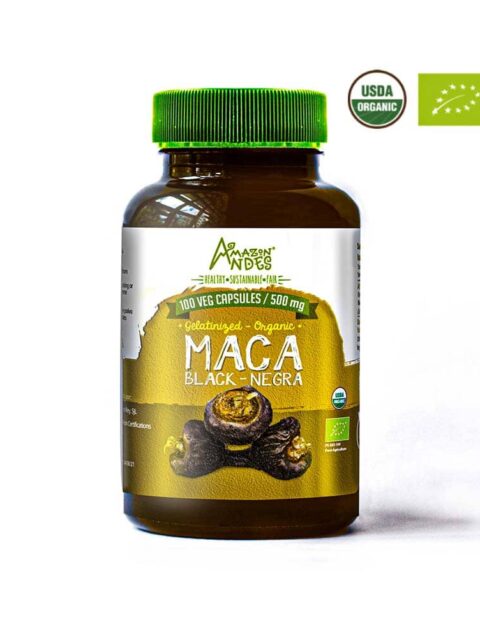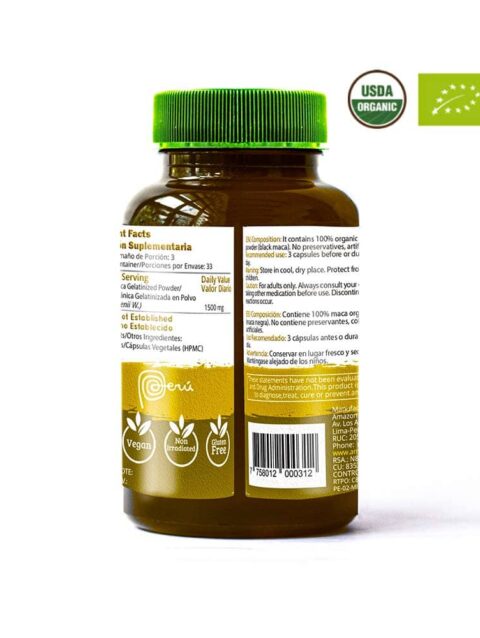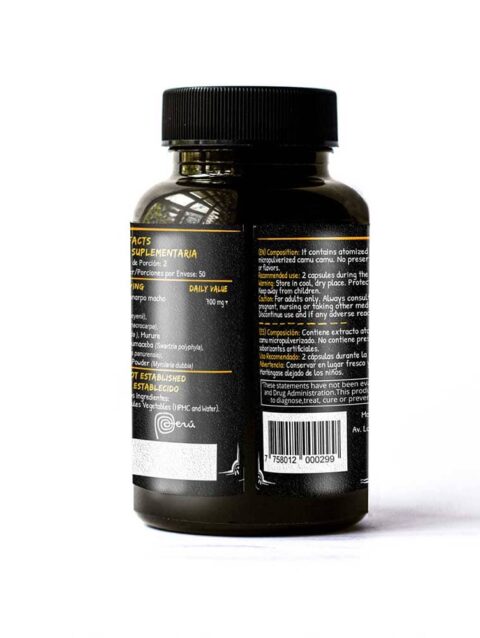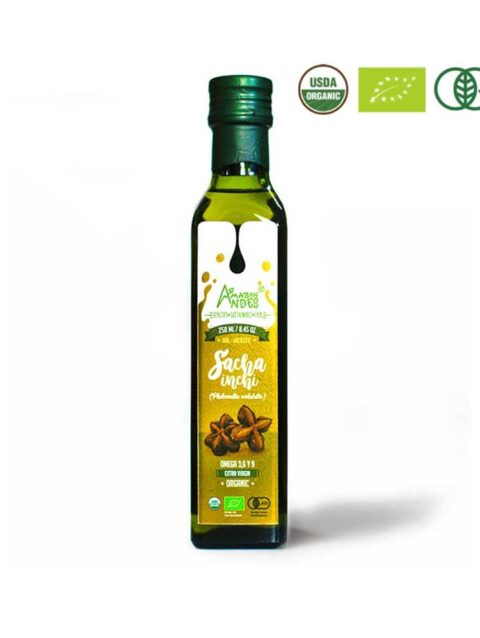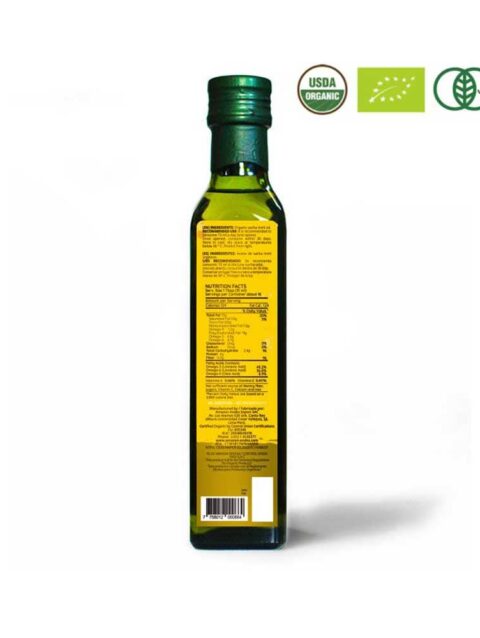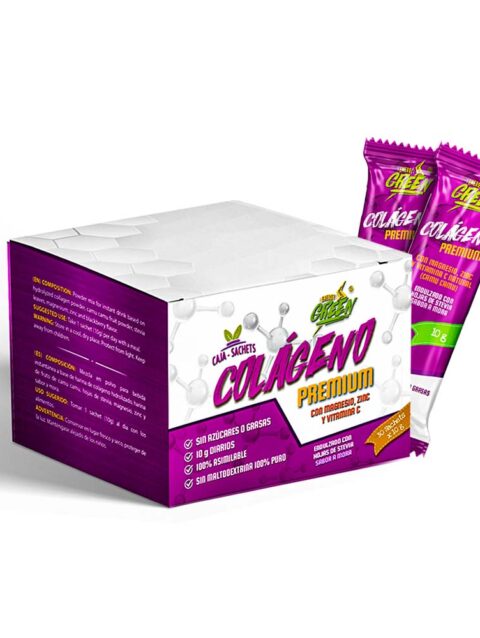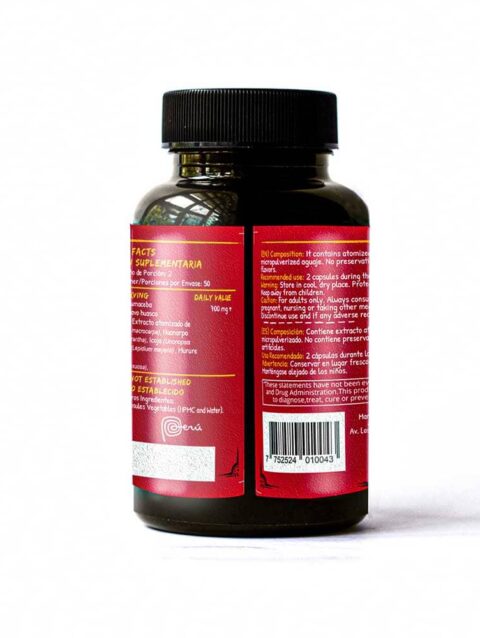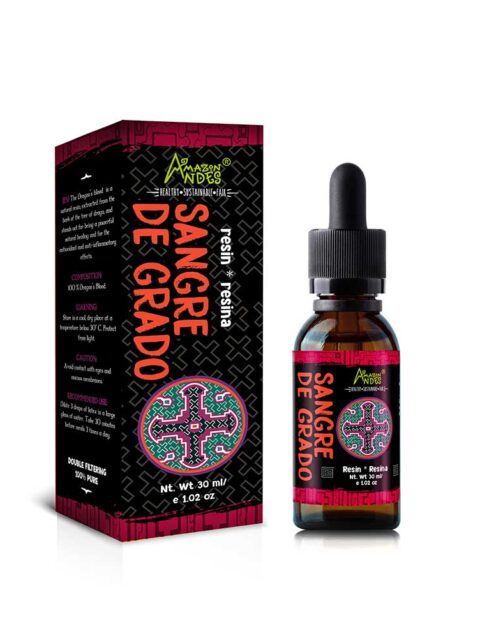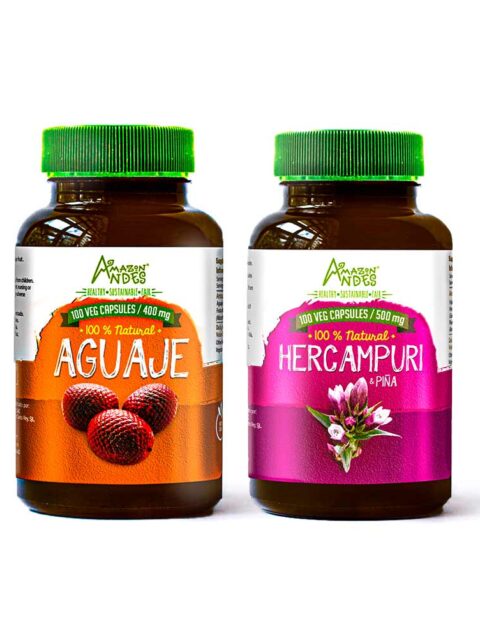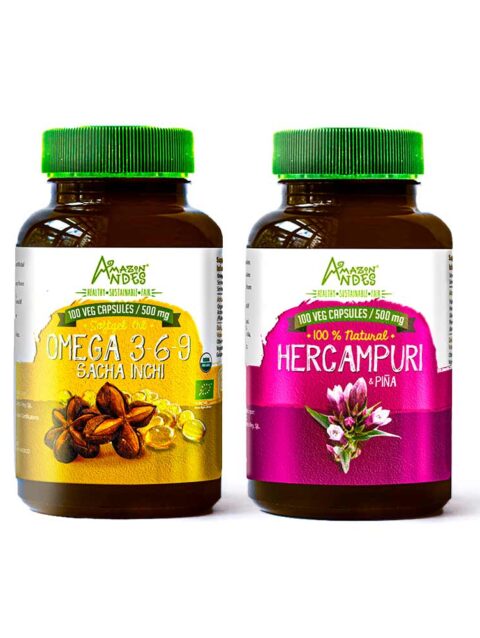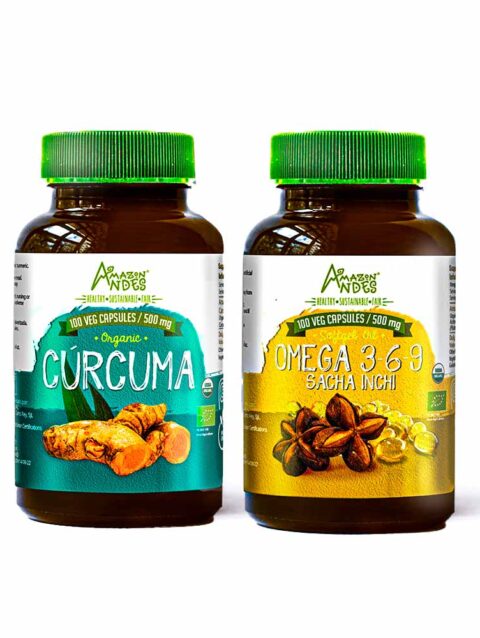- Your cart is empty
- Continue Shopping
-
S/
-
$
-
€
- Home
- Web Shop
- Shop
- Superfoods
- Page
Matcha
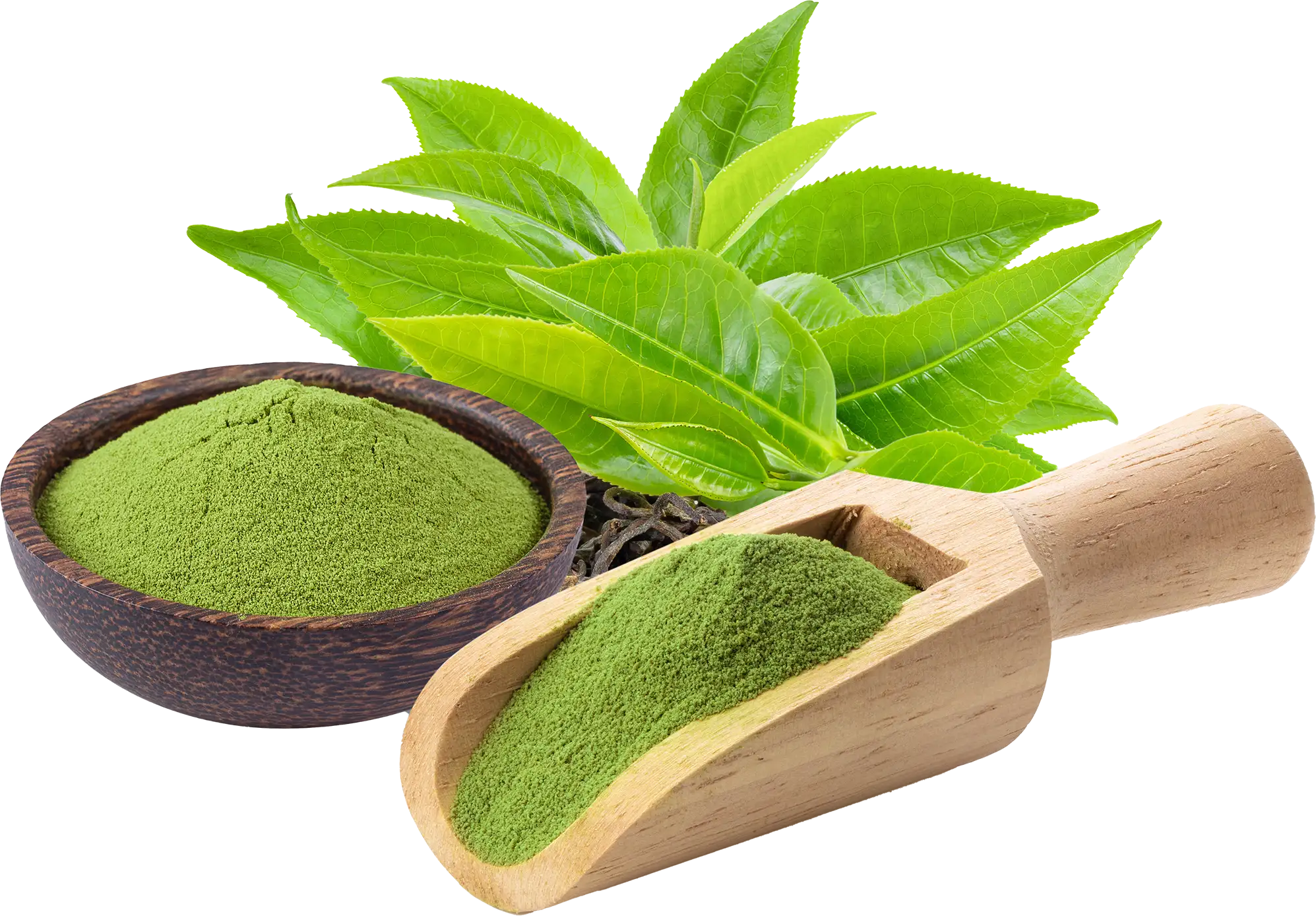
Lo mejor del Amazonas
Superfoods
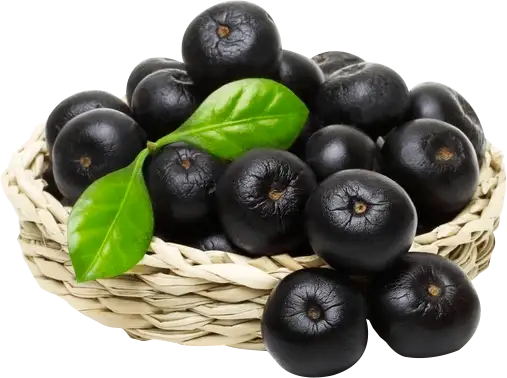
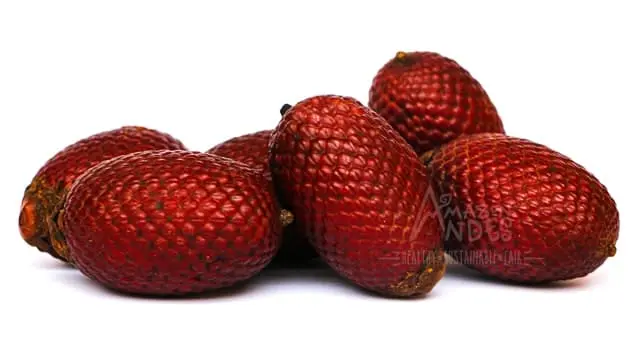
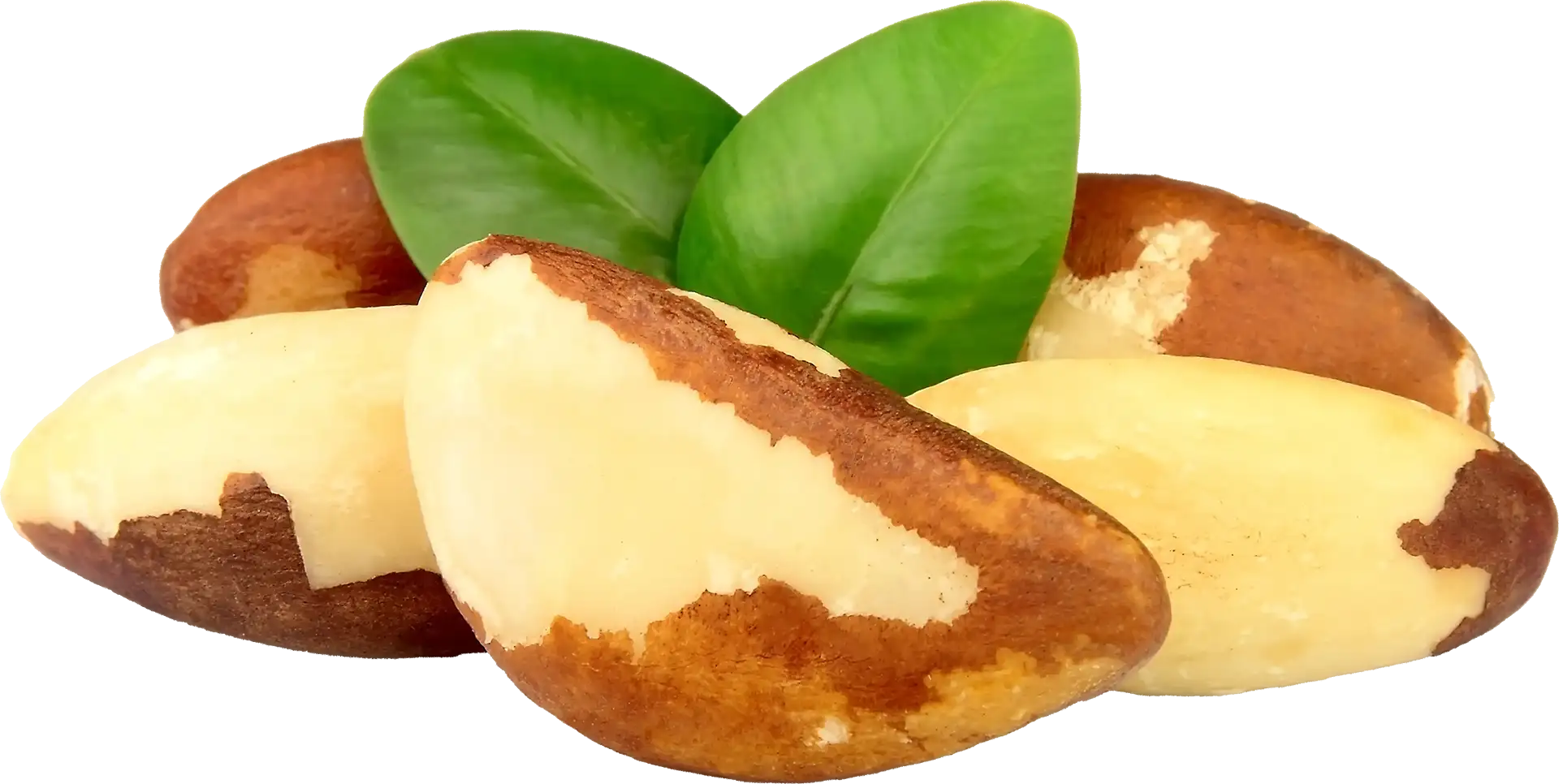
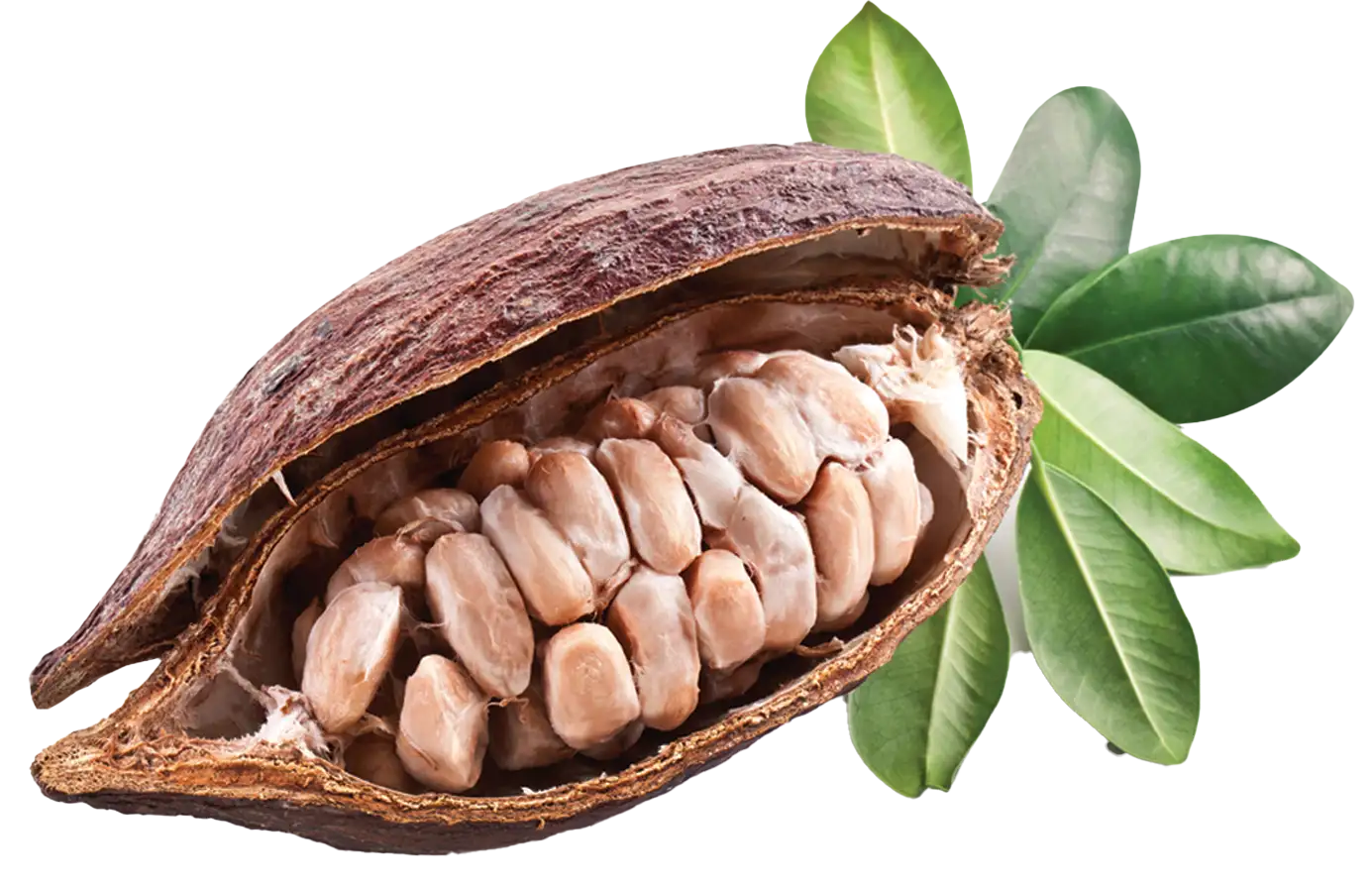
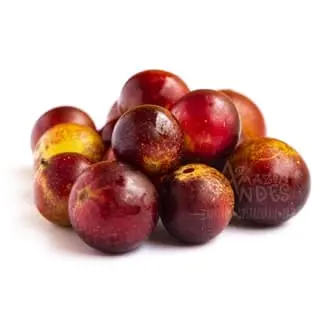
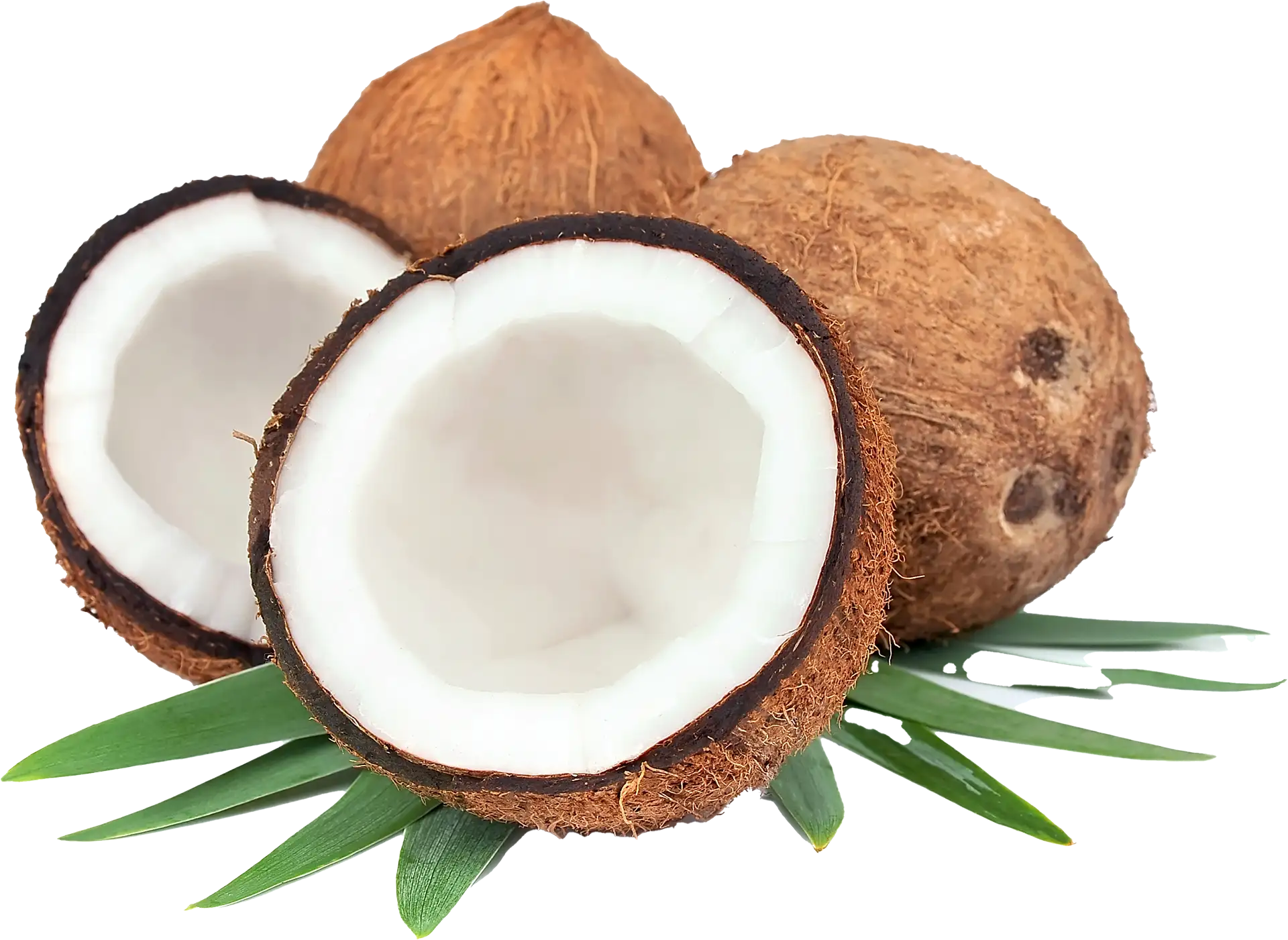
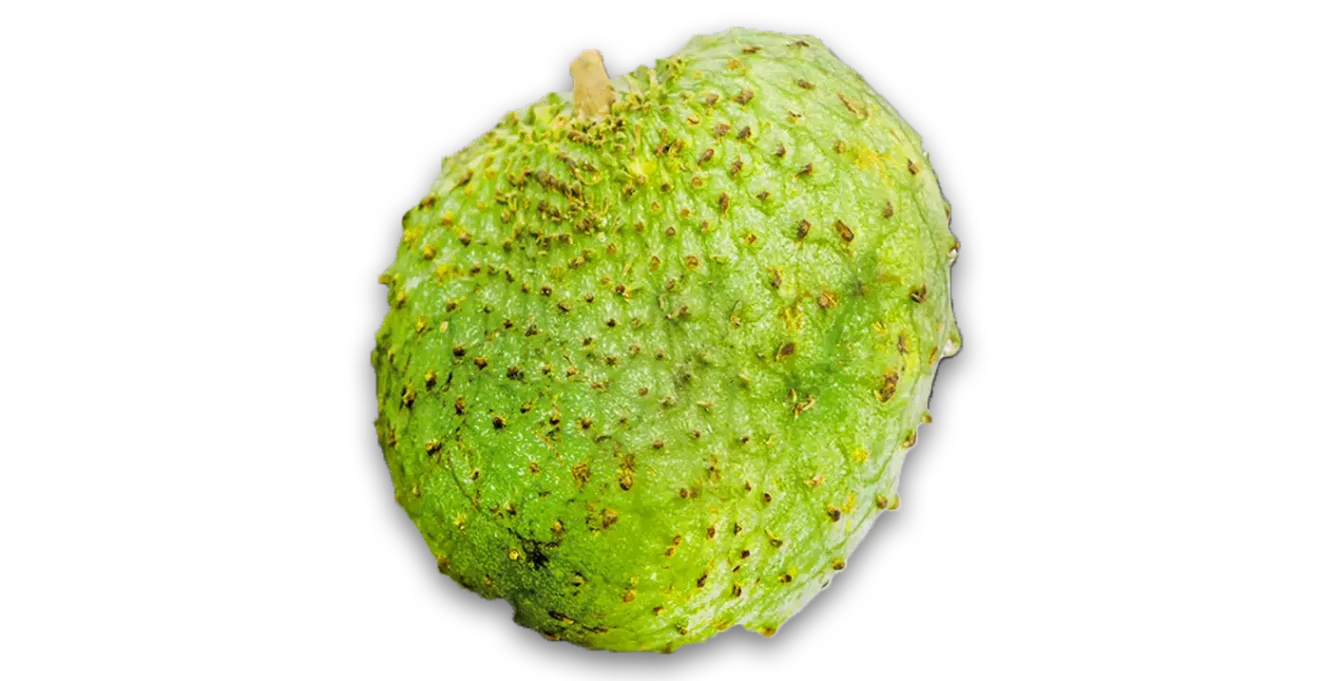


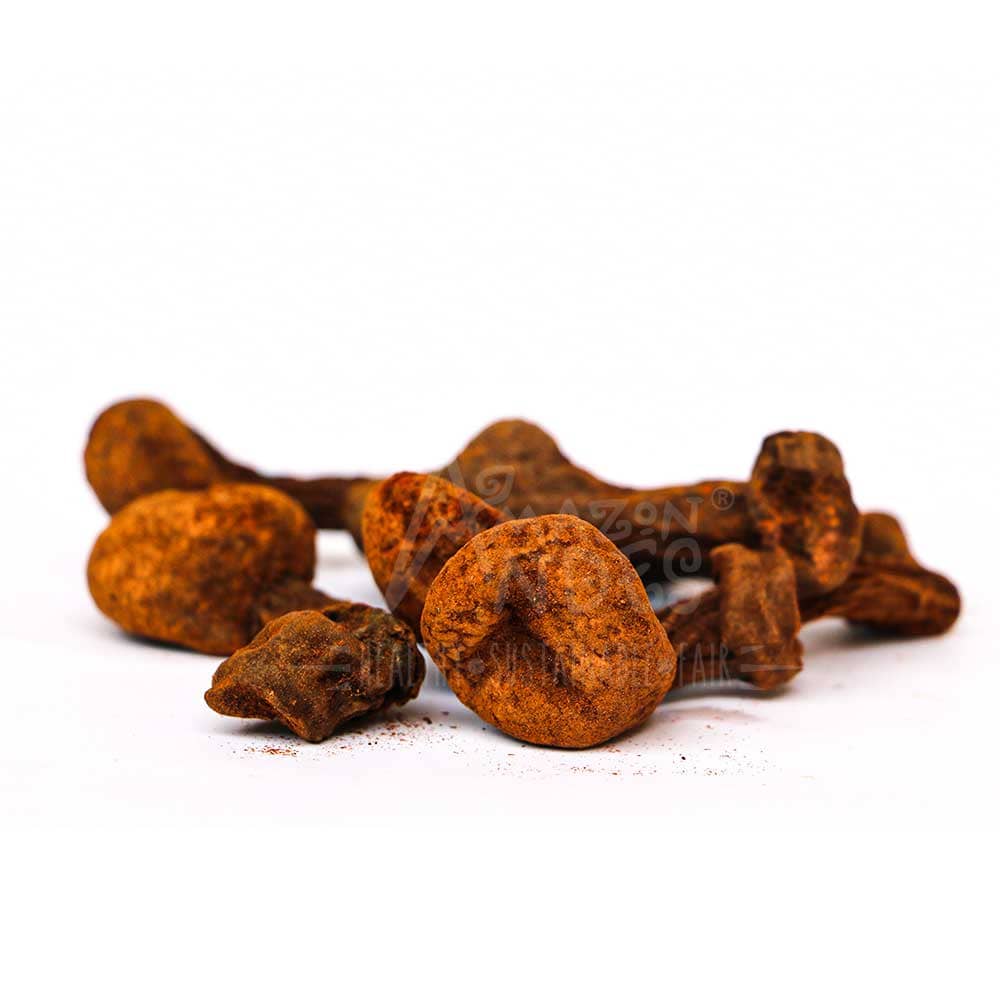

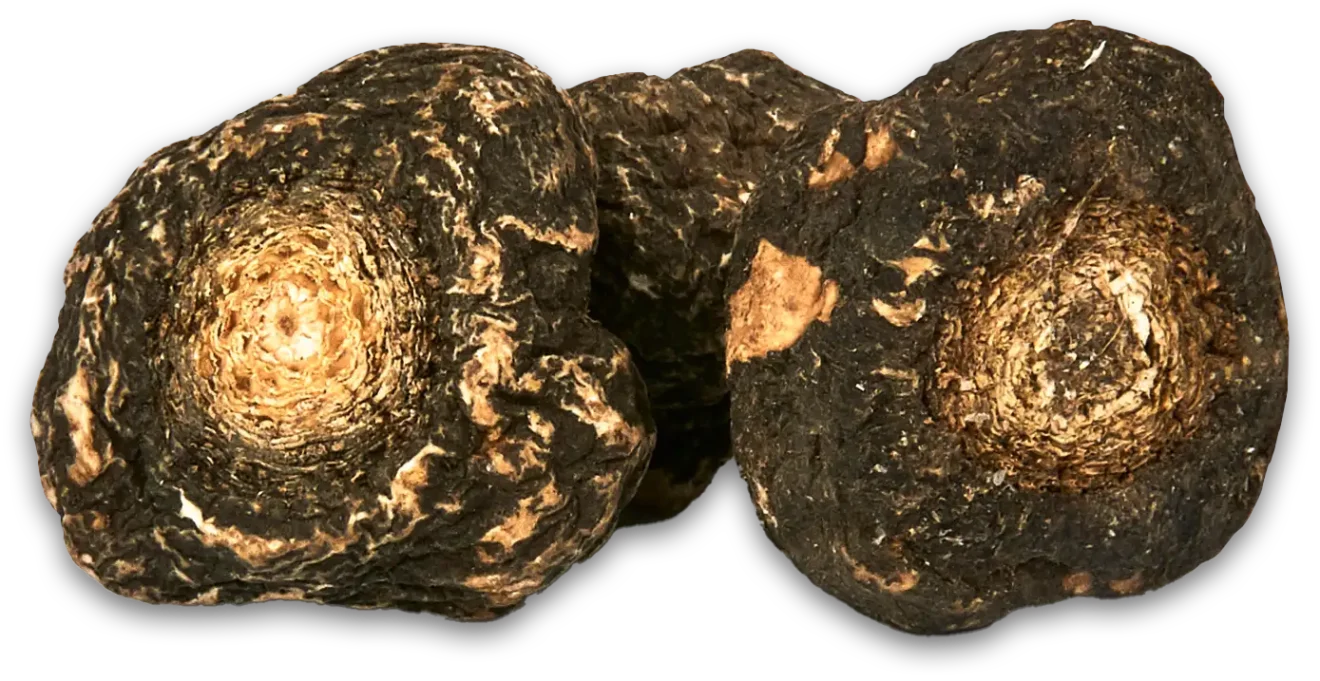
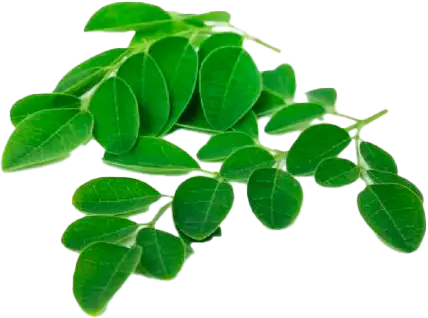
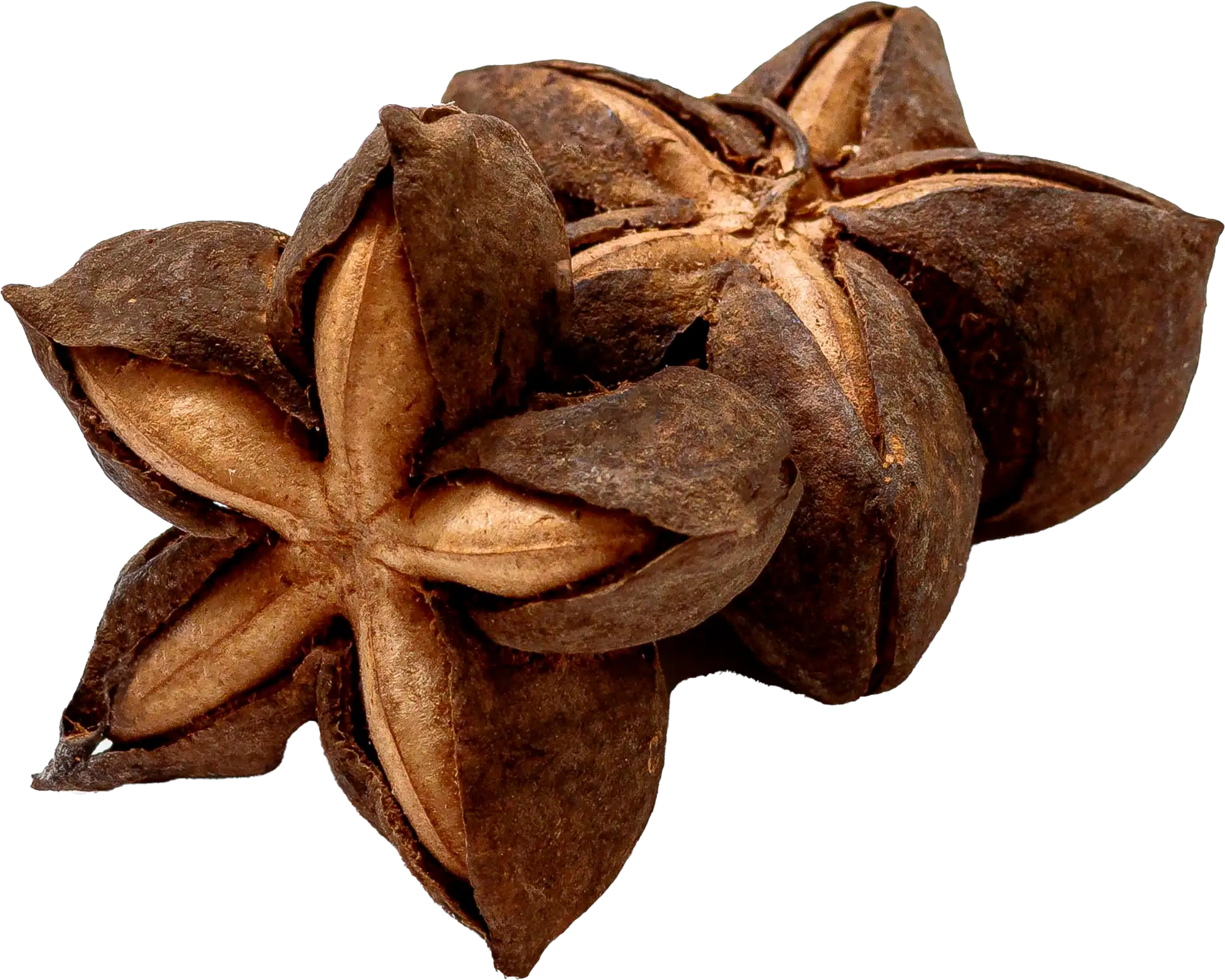
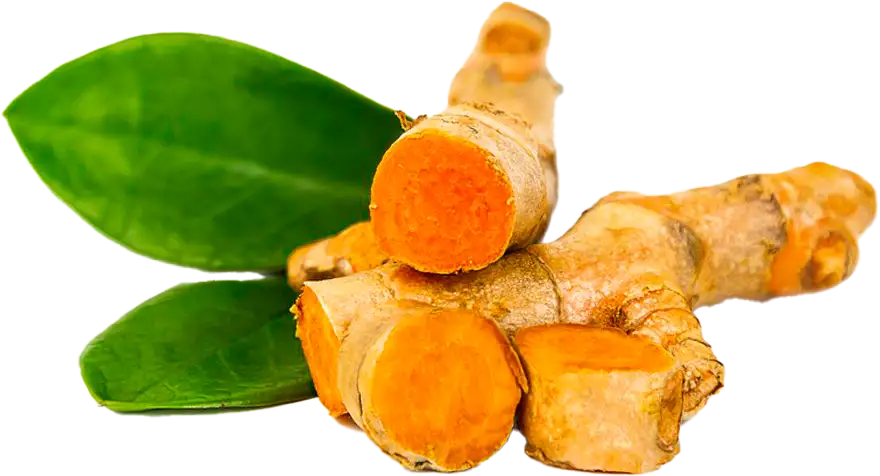
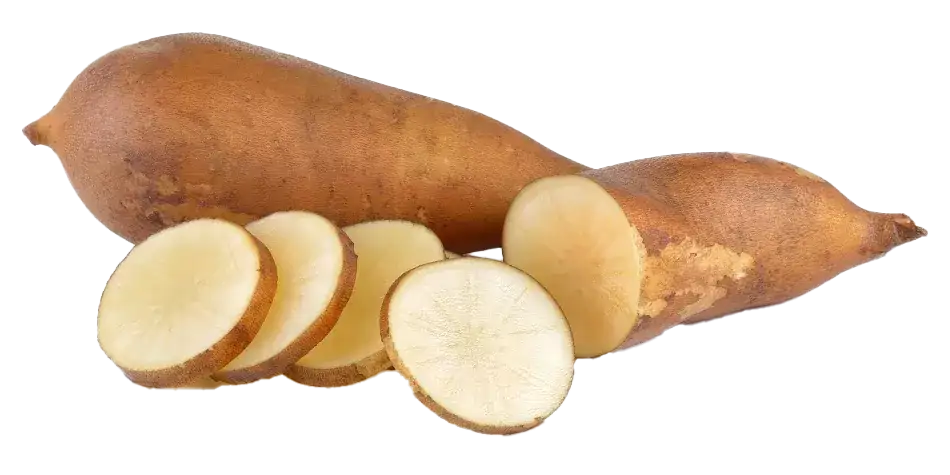

Top Products
Brands





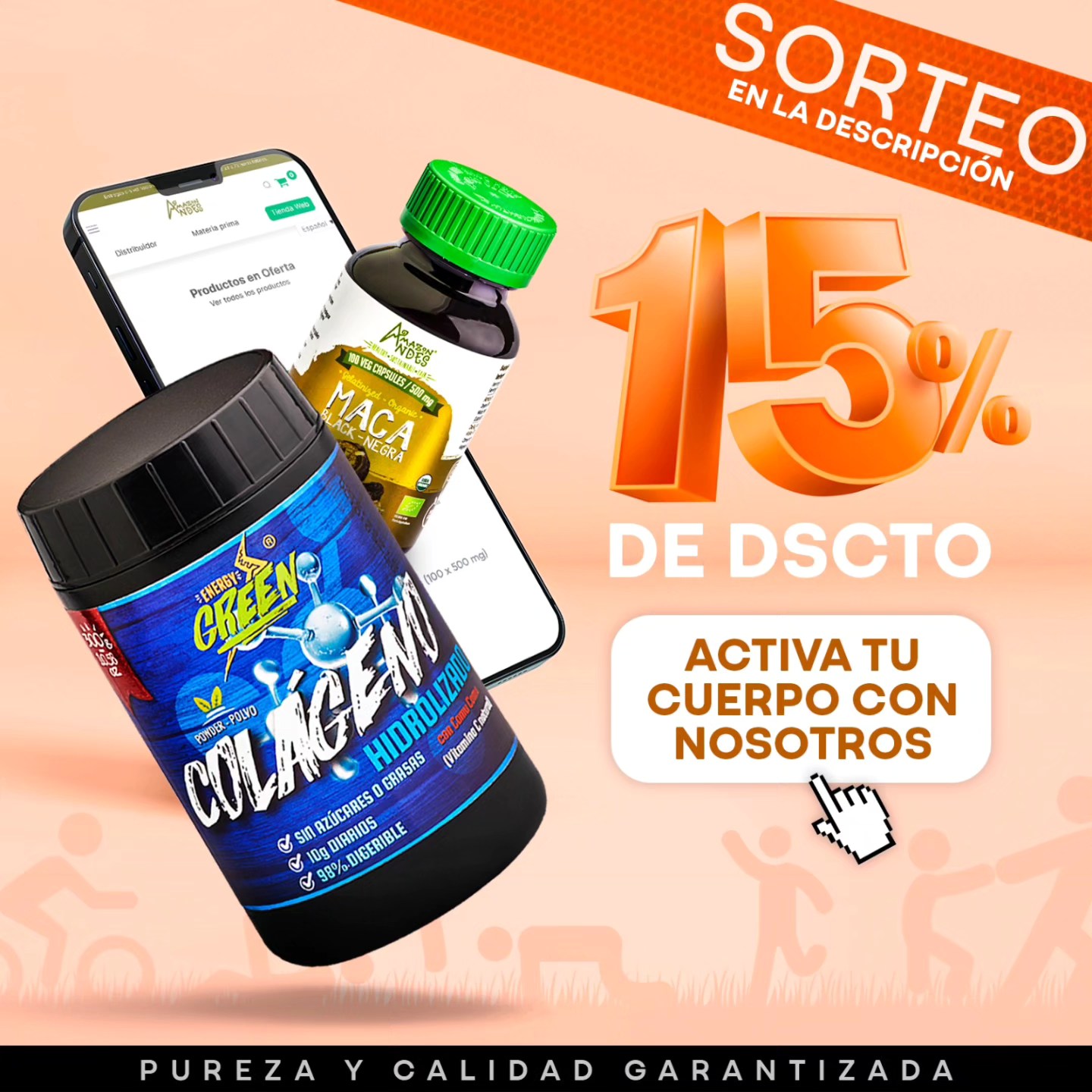
Super Offers
Zero cholesterol pack (sacha inchi oil and hercampuri capsules)
$ 22.58Current price is: $ 22.58.Fire Pack (Devil´s Jungle capsules for MEN and for WOMEN)
$ 45.00Current price is: $ 45.00.By Function







Matcha is a versatile and nutrient-rich tea that offers numerous health benefits. Whether you're looking to enhance your energy levels, improve focus, or enjoy a delicious and healthy beverage, matcha is an excellent choice.
Matcha is a finely ground powder made from specially grown and processed green tea leaves, specifically from the Camellia sinensis plant. Unlike regular green tea, matcha involves consuming the entire leaf, providing a concentrated source of nutrients. The leaves used for matcha are shade-grown, which increases chlorophyll and amino acid content, giving matcha its vibrant green color and unique flavor profile.
Matcha is rich in antioxidants, particularly catechins like EGCG (epigallocatechin gallate), which help protect against cell damage and may lower the risk of chronic diseases. It also contains L-theanine, an amino acid that promotes relaxation and reduces stress without causing drowsiness. Matcha is known to boost metabolism, enhance mental clarity, and support cardiovascular health.
The primary difference between matcha and regular green tea is in the cultivation and processing. Matcha plants are shade-grown, increasing their chlorophyll and amino acid levels. The leaves are then ground into a fine powder, allowing consumers to ingest the entire leaf and its nutrients. This process results in higher concentrations of antioxidants and other beneficial compounds compared to traditional steeped green tea.
Matcha is categorized into several grades, including:
- Ceremonial Grade: The highest quality, made from the youngest leaves with a delicate flavor, ideal for traditional tea ceremonies.
- Premium Grade: Suitable for daily consumption, slightly less sweet than ceremonial grade but still of high quality.
- Culinary Grade: Used in cooking and baking, made from older leaves with a stronger flavor and slight bitterness.
While matcha is generally safe for most people, consuming it on an empty stomach may cause nausea due to its astringency. It contains caffeine, so it should be consumed in moderation to avoid jitteriness or sleep disturbances. Additionally, the tannins in matcha can interfere with iron absorption, so it may not be ideal for individuals with iron deficiencies.




